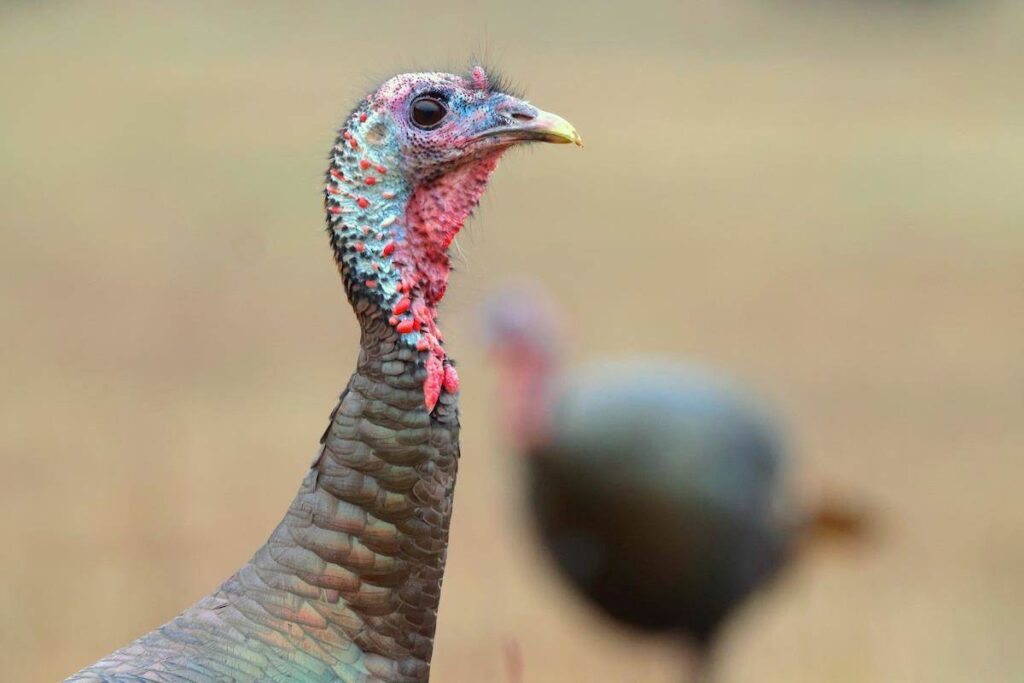
What I learned from interviewing elk hunting’s top experts

Author: Go Hunt
Published: November 28, 2022
Interested in Elk hunting? This article is for you!
“Over the past decade, I’ve become immersed in the game of elk hunting and the seemingly endless refinement of skill and craft. Trying to climb into a bull’s head and learn how he thinks, what he wants and his unique vernacular is a sometimes frustrating, but always fascinating back and forth.
The true beauty of this game is that as soon as you think you’ve figured out how to consistently cut tags on mature bulls, you discover there’s another level of the pursuit you haven’t achieved. In that context, it could be said that there aren’t any real “experts” in elk hunting, just dedicated hunters learning from every encounter.
Nonetheless, there are hunters who have combined time on the mountain with an intense passion for elk to become the best among us. Lucky for our community, these guys are sharing their knowledge and giving anyone willing to listen a chance to be in the 10% to 15% of archery elk hunters who are successful on average each year.
Over the last few months while compiling my new elk hunting educational podcast series, WALLOW, I was lucky enough to track down seven of the best damn elk hunters of our generation. My cohost and elk hunting buddy Sam Lungren helped figure out the right questions to ask and how to draw out as much of their expertise as possible. It was a fun ride. Here are just a few things I learned.
10-time world champion elk caller Corey Jacobsen: emotion is the key to elk calling
Corey Jacobsen has won a lot of trophies for elk calling, but he knows that actual elk hunting is a failure-heavy game. That said, during our conversation, Corey simplified the complex language of elk into three concise calls: the challenge bugle, location bugle and the cow’s mew.
“My whole take on elk communication is that they communicate through emotion,” he said. “When a cow is ready to be bred, she adds desperation to the mew. You’ve got to think like an elk and understand how to communicate his or her emotion.”
It’s a simple, but effective learning that allows you to insert feeling into your calls and have your own style.
“I’m a very aggressive elk, that’s my personality” Corey said. “If you put it into a human perspective, just say to yourself, ‘what will it take to get in a fight with this elk?’”
Hunting and public lands advocate Randy Newberg: there are no shortcuts
Randy Newberg has built his life around elk hunting and advocating for the resource. He’s got a unique way of articulating his approach and he’s always thinking about new ways to teach us all. After recording our interview, Randy took us into a nondescript conference room at his Bozeman-based Fresh Tracks headquarters and revealed an entire whiteboard of notes for an upcoming OutdoorClass on elk. What was on the board is a secret for now, but it drove home that he can translate this complicated pursuit with the best of them.
However, there’s a trap that Randy thinks most hunters fall into and it’s a message he wants you all to hear.
“The one thing I have learned in 30 years of failing at elk hunting is that there are no shortcuts,” he said. “And I think it’s the human condition—we’re always looking for the shortcut, whether it’s the gizmo, the gadget, the new piece of gear we bought, the 12-step program, no. To me, I just have over time realized there are no shortcuts. This is hard work, physically hard work and it’s going to be frustrating and it’s going to take an awful lot of thought to be consistently borderline successful at it. But that’s the intrigue.”
The full article from Go Hunt can be found here.
Photo Credit: Original Author






No Comments